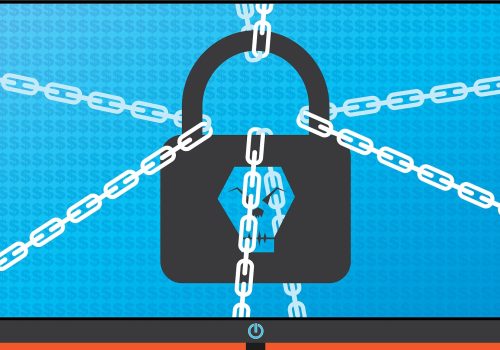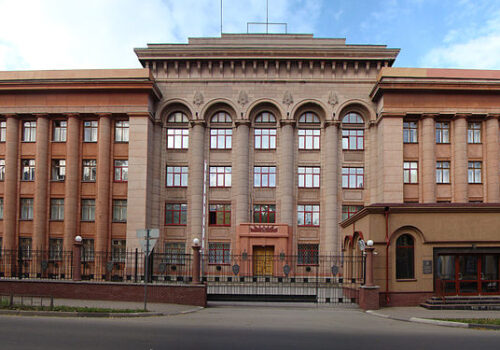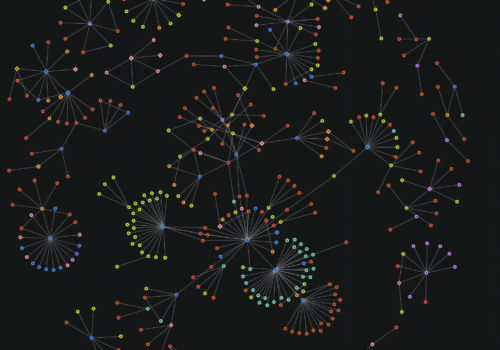Conflict is not shaped only by states but also those that develop, operate, and employ cyber-enabled capabilities and technologies for their own purposes. The Conflict, Risk, and Tech program explores the strategic risks created by non-state actors present in current conflicts, the relationships between key actors and capabilities, and the implications for technology, cyberspace, and international security writ large.
Featured Content
Proliferation of Offensive Cyber Capabilities
Cybercrime
Publications
Events

The Atlantic Council’s Cyber Statecraft Initiative, part of the Atlantic Council Technology Programs, works at the nexus of geopolitics and cybersecurity to craft strategies to help shape the conduct of statecraft and to better inform and secure users of technology.












